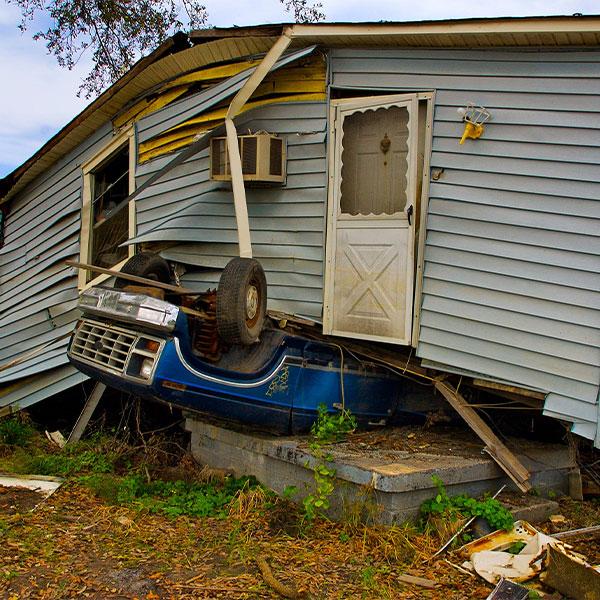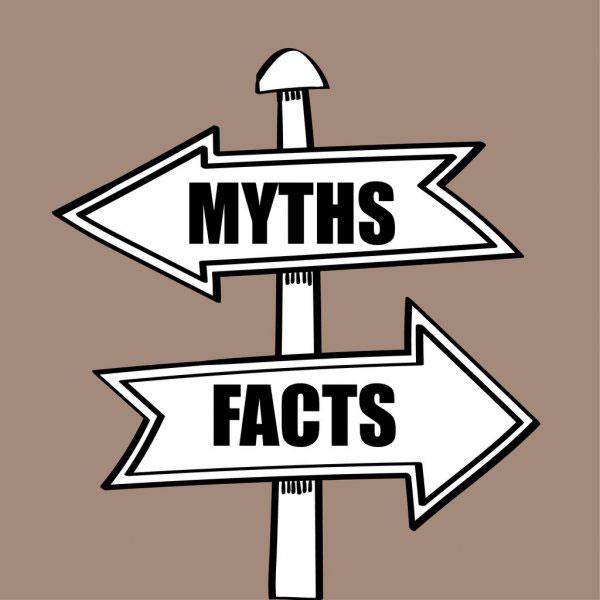From earthquakes to wildfires, disasters often bring misconceptions about the best ways to stay safe. While some myths persist, understanding the facts can save lives. Here’s a look at some common disaster myths and the truth behind them.
Myth: Stand in a Doorway During an Earthquake
The idea that doorways are the safest place during an earthquake stems from old construction practices. However, today’s homes are built differently, and falling debris is a greater threat. Instead, follow the *Drop, Cover, and Hold On* method by getting under sturdy furniture and holding on until the shaking stops.

Myth: Abandon Your Car and Lie in a Ditch During a Tornado
Many believe lying in a ditch is safer during a tornado, but it’s often better to stay in your car. Buckle up, crouch below the window line, and keep the ignition on so airbags can deploy if needed. Avoid parking under bridges, as winds can intensify in those areas.
Myth: People Panic and Only Think of Themselves During Disasters
Contrary to popular belief and Hollywood depictions, most people act with concern for others during disasters. Panic usually occurs when there is a lack of information, immediate threat, or poor leadership. While mistakes can happen under stress, widespread chaos is rare.
Myth: Open Windows to Equalize Pressure During a Tornado
Opening windows during a tornado is both unnecessary and dangerous. The idea stems from misconceptions about pressure changes causing damage. Focus on seeking shelter in an interior room away from windows instead.
Myth: Taping a Big X on Windows During a Hurricane
Taping an X on windows provides little protection during hurricanes. It can even create larger shards of glass if the window breaks. Use plywood or invest in impact-resistant windows for better safety.
Myth: Stay and Bunker Down During a Wildfire
While some people believe they can fight wildfires themselves, mandatory evacuations exist for a reason. Fires can spread unpredictably, and leaving when advised is the safest option. Prioritize your life over possessions.

What Have You Found?
Have you encountered any surprising disaster myths? Share your experiences or questions in the comments below. We’d love to include your insights in a future post!














